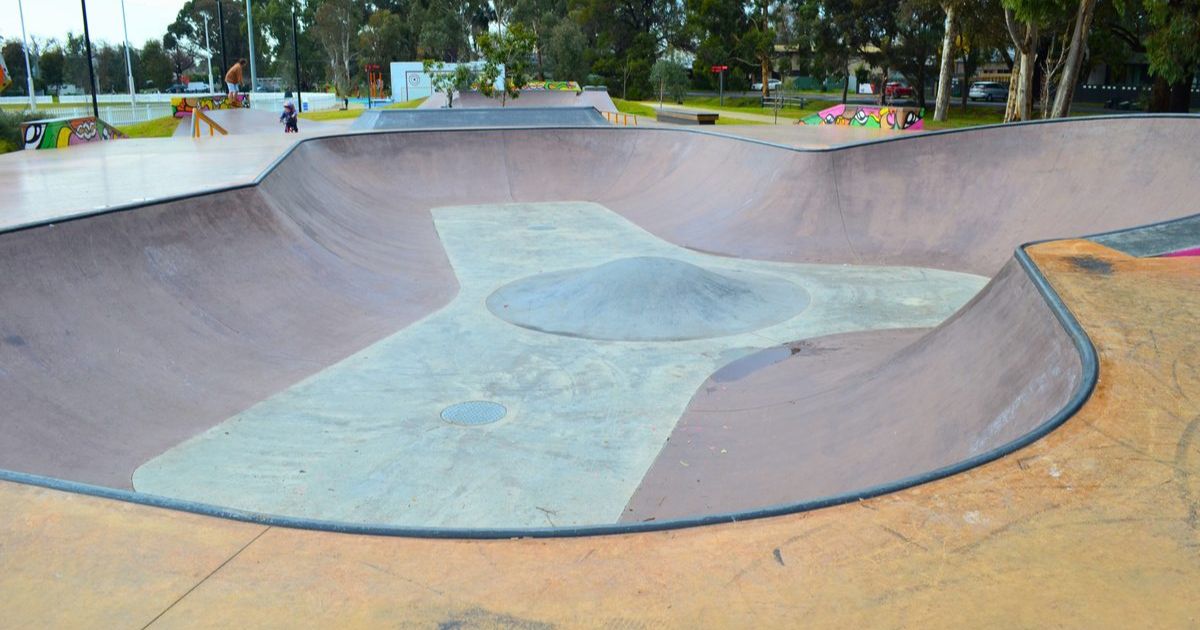Low-paid workers set for 5.2pct payrise

The industrial umpire has decided on a pay rise of 5.2 per cent or $40 a week for low-paid workers. (Darren England/AAP PHOTOS)
The industrial umpire has decided on a pay rise of 5.2 per cent, or $40 a week, for more than 2.6 million Australians on award and minimum wages.
The national minimum wage will now sit at $812.60 per week, or $21.38 per hour.
The Fair Work Commission unveiled its decision on Wednesday, as inflationary pressures and the increasing cost of living continues to strain household budgets.
The decision was based on key differences in economic indicators, FWC president Iain Ross says.
“The most significant changes since last year’s review decision have been a sharp increase in the cost of living and the strengthening of the labour market,” he said while handing down the decision.
“At the aggregate level, labour market performance has been particularly strong The unemployment rate has fallen to 3.9 per cent compared to 5.5 per cent in April 2021 at the time of the last review.
“The improvement in the labour market is forecast to continue in the period ahead. There has also been a sharp rise in the cost of living since last year’s review.”
Inflation is expected to peak at around six per cent by the end of the year, impacting businesses and workers, and this also influenced the decision, Mr Ross said.
“Inflation also erodes the real value of workers wages, and reduces their living standards.
“The lowest-paid are particularly vulnerable in the context of rising inflation.
“We have concluded that the changes in the economic context weigh in favour of an increase in the national minimum wage.”
Last year the national minimum wage increased by 2.5 per cent to $772.60 a week, or $20.33 an hour.
It comes as the wages of politicians, judges and senior public servants will rise by 2.75 per cent from July 1 following a determination from the independent remuneration tribunal.
The Albanese government had argued for a rise that ensured wages did not go backwards when compared to inflation, which sits at 5.1 per cent.
Commonwealth Bank economists had expected a “significant lift” compared with previous years.
Unions pushed for a 5.5 per cent increase which they say will prevent a further real wage cut for a quarter of all workers.
“We submit that minimum and award wages must grow to ensure that award-reliant households can both meet the rising cost of living pressures facing them and enjoy their fair share of productivity growth,” the ACTU said in its submission.
“Yet employees are facing a rate of inflation almost twice that of anticipated wage growth by the end of 2022 according to the RBA. And it is the low-paid who have been hit the hardest.”
The Australian Industry Group urged the commission to limit its increase to 2.5 per cent, arguing the union bid would “add substantially to the risks of entrenching inflation and greater increases in interest rates”.
“It would have adverse impacts on the economy, on unemployment, on underemployment and on sentiment, and would be a setback for many low-income households.”
-BY AAP


















